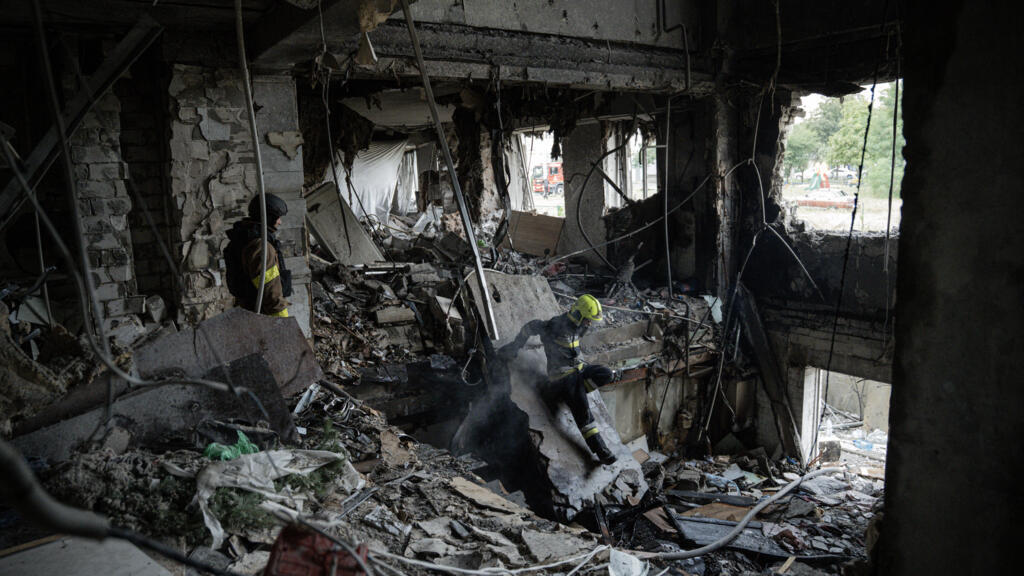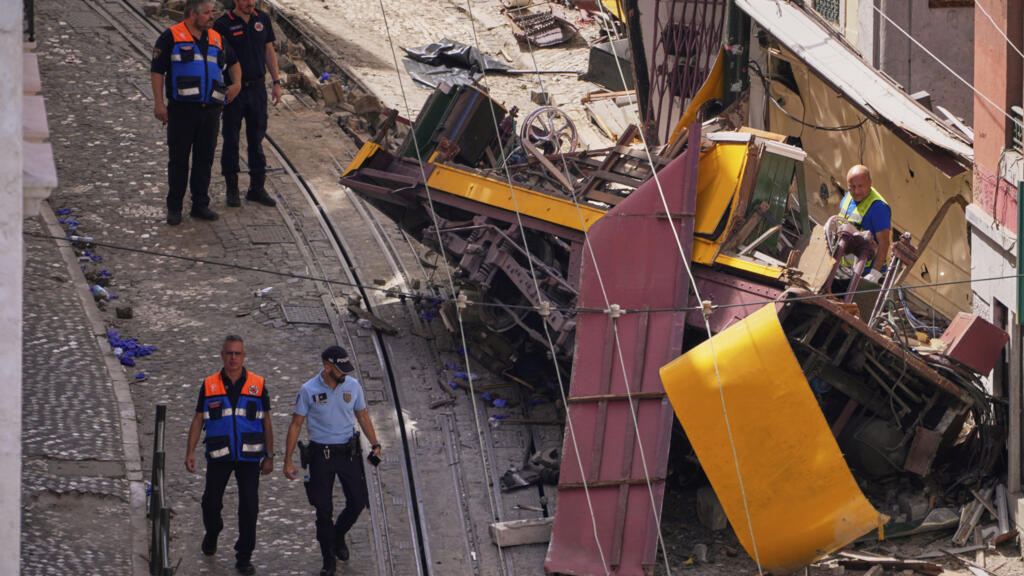The Kremlin has firmly stated that Ukraine's Western allies "definitely cannot" deploy protective troops on Ukrainian territory if a ceasefire agreement is reached. This statement follows a pledge made by 26 nations on Thursday, which indicated their readiness to support Ukraine's defense efforts amidst ongoing conflict. Ukraine faces considerable challenges as it strives for stability and resistance against Russian military actions.
Recent developments highlight the persistent threats facing Ukraine, particularly in the eastern regions such as Kharkiv. On Friday, the Kharkiv region experienced deadly overnight strikes attributed to Russian military forces. The continuous bombardment illustrates the grim reality for Ukrainian civilians and raises concerns about the effectiveness and sincerity of any potential ceasefire negotiations.
The involvement of Western nations provides a complicated backdrop to the conflict. While these nations express solidarity with Ukraine and have pledged military and financial assistance, the Kremlin's declaration signals a hardline stance against any foreign military presence on Ukrainian soil. The Russian government perceives such deployments as a direct challenge to its influence in the region and an escalation of Western intervention.
As the war drags on, the humanitarian situation in affected areas worsens, particularly in regions like Kharkiv, where military strikes have resulted in civilian casualties and widespread destruction. The prospect of a ceasefire becomes increasingly complex as both sides remain entrenched in their positions. The Kremlin’s opposition to foreign troops complicates the West's tactical approach to supporting Ukraine, highlighting the delicate balance of international diplomacy in conflict zones.
The escalating situation emphasizes the need for a comprehensive peace strategy that includes not only military considerations but also diplomatic engagement. Both Ukrainian forces and Western allies must navigate the risks of confrontation while seeking solutions that promote long-term stability and security in the region. The international community's response will play a crucial role in shaping the future trajectory of this conflict and the potential for achieving a lasting peace.












